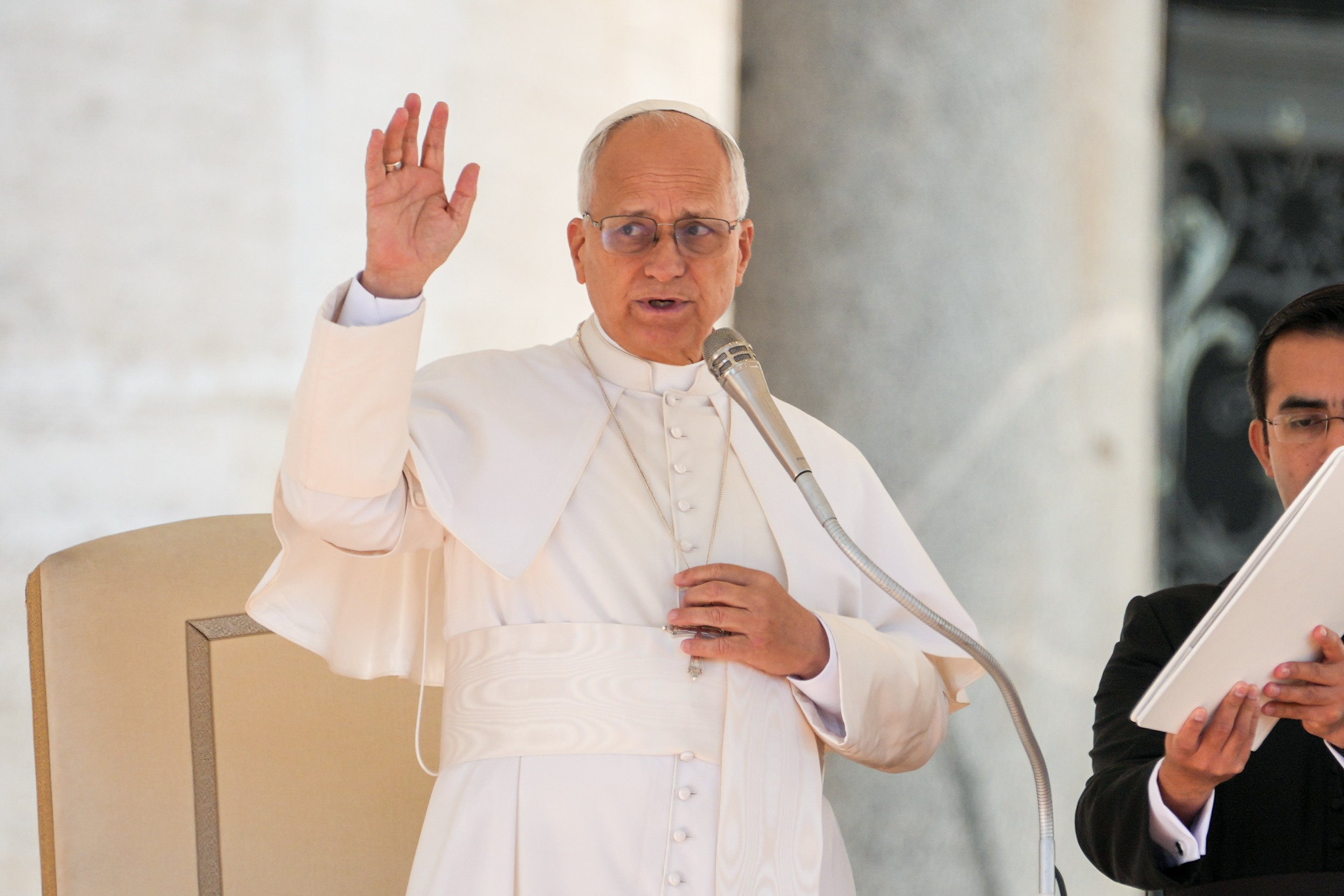April 6, 2018 at 1:53 p.m.
WORD OF FAITH
What we may overlook
'Try to find out what is pleasing to the Lord. Take no part in the unfruitful works of darkness, but instead expose them....Everything exposed by the light becomes visible, for everything that becomes visible is light.' - Eph 5:11,13-14
Just glancing at Sunday's three readings, we immediately notice each has something to do with seeing.
Those who profess a biblical faith understand that sight is an essential component of that faith. We differ from unbelievers not so much because of the doctrines and dogmas we profess, but because of the way we perceive reality.
The Pauline disciple responsible for Ephesians perfectly describes that component from a Christian point of view (Eph 5:8-14): "Brothers and sisters, you were once darkness, but now you are light in the Lord."
It's the ability to see as the risen Jesus sees that "produces every kind of goodness and righteousness and truth." It alone shows us "what is pleasing to the Lord."
Yet, even in the Hebrew Scriptures, people of faith are expected to see differently from others. Sunday's I Samuel (16:lb, 6-7,10-13a) passage provides a classic example.
Head vs. heart
Yahweh sends Samuel, the last of the judges, to Bethlehem to anoint one of Jesse's sons the next king of Israel. Saul, the reigning king, has become a terrific disappointment to Samuel and the people. When Samuel originally anointed Saul, he was looking for someone who stood head and shoulders above every other Jewish man, someone who could knock heads with Israel's perennial enemy: the Philistines.
No wonder he's attracted by Eliab's "lofty stature." He's another Saul.
It's at that point that Yahweh must remind Samuel of something all people of faith should presume: "Not as man sees does God see, because man sees the appearance but Yahweh looks into the heart."
Eventually it's David - the runt of Jesse's litter - whom the judge anoints. Samuel's reopened eyes of faith notice something in the boy that his father has overlooked.
Whenever we have readings from John's Gospel, we should be prepared to stay standing for a long time. It almost always takes the evangelist at least a chapter to develop the theology he's trying to convey to his readers. In Sunday's passage (John 9:1-41), John's not only interested in Jesus giving sight to the man born blind, he also wants to demonstrate that the sight the man receives takes a while to develop. The man's eyes of faith didn't open as suddenly as his physical eyes opened.
When his neighbors first ask, "How were your eyes opened?" the man replies, "The man named Jesus made clay and anointed my eyes and told me, 'Go to Siloam and wash.'" At this point, Jesus, in his eyes, is just a human being like all other human beings.
Later, when the Pharisees question him about Jesus, the man goes one faith-step further: "He's a prophet," he responds. It's only at the end of the chapter that his eyes are completely opened when Jesus asks, "Do you believe in the Son of Man?" Finally, the man sees Jesus as more than a man, more than a prophet, and "worships Him."
New eyes
John is telling us that it takes time to actually develop our eyes of faith. It's not something we have all at one time. The older we grow in our faith, the more our eyes are able to see what before we overlooked.
For John's Jesus, there's just one way we can sin by sight. As he tells the unbelieving Pharisees, "If you were blind, you would have no sin; but now you are saying, 'We see,' so your sin remains."
Those who refuse to continually grow in seeing things, people and situations as Jesus sees them will one day have to answer to their self-imposed blindness.
Perhaps it would be good to memorize and often use the early Christian hymn that ends our Ephesians passage: "Awake, O sleeper, and arise from the dead, and Christ will give you light." No one could have said it better.[[In-content Ad]]
SOCIAL MEDIA
OSV NEWS
- Vatican says Swiss Guards investigating alleged antisemitic gesture
- Bishop: Survival of Christian communities in Nigeria depends on security, justice
- Pope asks for extra care when using AI in medicine
- Pope holds long meeting with Belgian abuse survivors
- Delegation of top prelates, lay activists gives Brazil church strong presence at COP30
- Pope offers prayers for the Philippines and for peacemakers
- Dig deep and work patiently to keep church on solid foundation, pope says
- Portland archbishop on ICE: Human dignity comes from God, not government
- Christian hope shows the earth can resemble heaven, pope says
- Washington Roundup: Election shifts; Venezuela vote; transgender passports, and more







Comments:
You must login to comment.